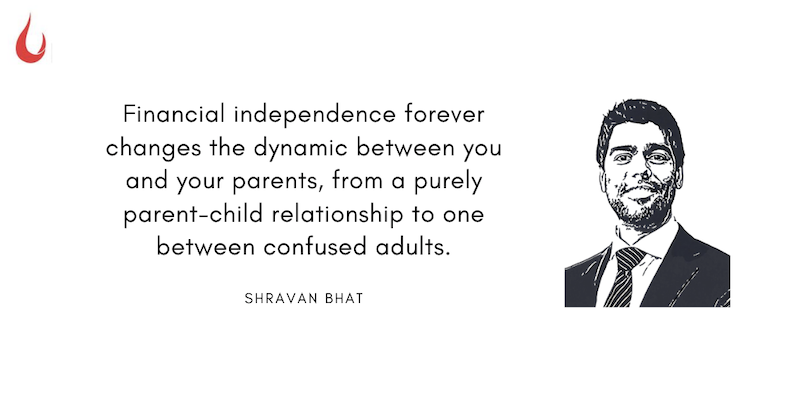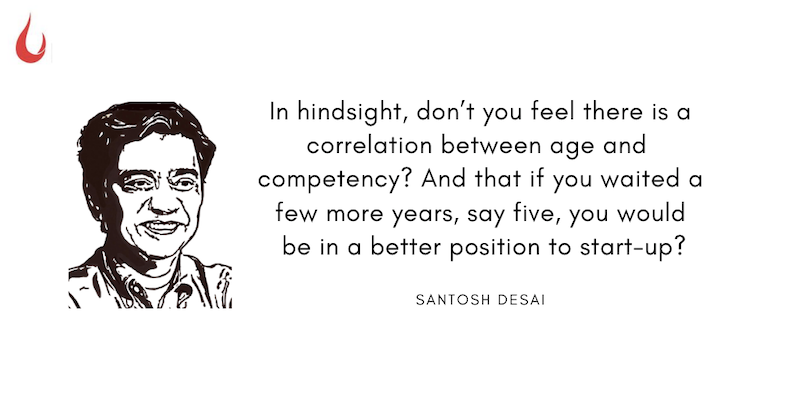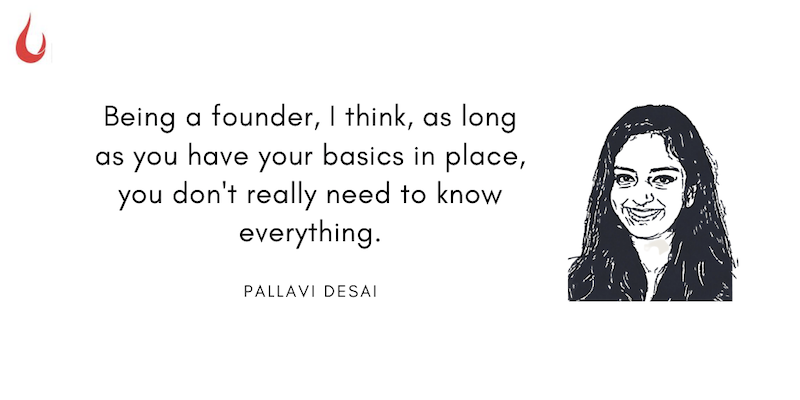[Photo by JESHOOTS.COM on Unsplash]
Good Morning,
The buzzwords are Artificial Intelligence and Machine learning. Everyone has an opinion on it. But how ought we really think about it? Gary Kasparov who dominated chess and pitted his brain against supercomputers offers much needed perspective in the very accessible Deep Thinking: Where Machine Intelligence Ends and Human Creativity Begins.
He writes, “Machines have no independent way to know if or why some results matter more than others unless they’ve been programmed with explicit parameters or have enough information to figure it out on their own. What does it even mean to say something matters to a machine? Either a result is significant or it’s not, based on what it has been told is significant, and humans have to establish these values for them. At least, that’s the way it has been for a long time. But our machines are starting to move from surprising us with results to surprising us with the methods they use to find results, and that is a huge difference.”
“To use a simplified example, a traditional chess program knows the rules of the game. It knows how the pieces move and how checkmate works. It is also programmed with the values of the pieces (one for pawn, nine for queen, etc.) and other knowledge like piece mobility and pawn structure. Anything that goes beyond the rules is classified as knowledge. If you program it with the knowledge that a pawn is worth more than a queen it will go into battle throwing the queen and the game away with no hesitation.”
“But what if you don’t provide that knowledge to the machine at all? What if you only tell it the rules and let it figure out the rest on its own? Let the machine figure out that rooks are more valuable than bishops, that doubled pawns can be weak, that open files can be useful. This opens up the possibility of not only creating a strong chess machine, but also that humans will learn something new from what the machine discovers and how it discovers it.”
“This is what different systems are indeed doing today, using techniques like genetic algorithms and neural nets to basically program themselves.”
How did machines get this far? Kasparov has many interesting stories to tell. But he chooses to synthesis the experience of those at work at the frontiers and his own experience in a few lines.
“With generations of optimization and speed gains, performance improves. The next jump occurs when the programmers loosen the rules and allow the machine to figure out more things on its own, and to shape or even ignore the old rules. To become good at anything you have to know how to apply basic principles. To become great at it, you have to know when to violate those principles. This isn’t only a theory; it’s also the story of my own battles against chess machines over two decades.”
Give all of it a thought and have a lovely Wednesday.
In this issue:
-
A beer of silent triumph
-
Dad, I want to start up!
-
How busy are you?
Founding Fuel Exclusive: A beer of silent Triumph
Episode Five of Talkin’ About My Generation will feature the father-son duo of Vijay and Shravan Bhat. Vijay is a leadership coach based out of Mumbai and Shravan is a journalist and stand-up comedian who now lives in New York City.

They will touch upon finance, a theme that doesn’t get discussed much between parents and children, particularly in India. As a precursor, Shravan wrote an essay on what financial independence did to him.
“I think there is an autonomy—a certain sense of self—that comes from achieving financial independence from your parents, even from hands-off parents like mine, who worked so hard to give my sister and me a life of luxury, relative to the average Indian our age. …. Financial independence forever changes the dynamic between you and your parents, from a purely parent-child relationship to one between confused adults. The control, the power, the grip they once had over your future begins to ease….This is it, there’s no turning back.”
But questions linger in his mind as well: “How do we navigate the cross-over into financial independence from our parents, while still maintaining a respectful, loving relationship with them? How do we set boundaries that define our shiny new adulthood without alienating people whose love for us is unconditional?”
The father-son duo will explore what financial independence means to them and attempt to answer these questions in a new episode of Talkin’ ‘Bout My Generation on Saturday, August 22 at 7:30 PM on Facebook Live, moderated by Harsh Mall. Register here
Founding Fuel Exclusive: Dad, I want to start up!


And last week, Harsh Mall hosted Santosh Desai and his daughter Pallavi in a conversation. Pallavi wanted to start up. But her father was wary. Because “for people of his generation, the pinnacle of ambition was to be a professional manager—which in turn insisted they go to a good management school, earn a degree and get settled for life,” he said.
But Pallavi saw the world very differently. “...you don't learn to take no for an answer. Because when I was told that it's not possible, I just went to another mill. I didn't even realize why one should not go ahead with it.”
They arrived at a consensus though and Santosh turned into a believer. How? That’s what this conversation was all about.
How busy are you?
Someone put down this one on a Wednesday morning.

(via WhatsApp)
Have you come across any sarcastic comments that made you laugh, let us know on our Slack channel. Or tag us on Twitter @foundingF
And if you missed previous editions of this newsletter, they’re all archived here.
Bookmark Founding Fuel’s special section on Thriving in Volatile Times. All our stories on how individuals and businesses are responding to the pandemic until now are posted there.
Warm regards,
Team Founding Fuel

